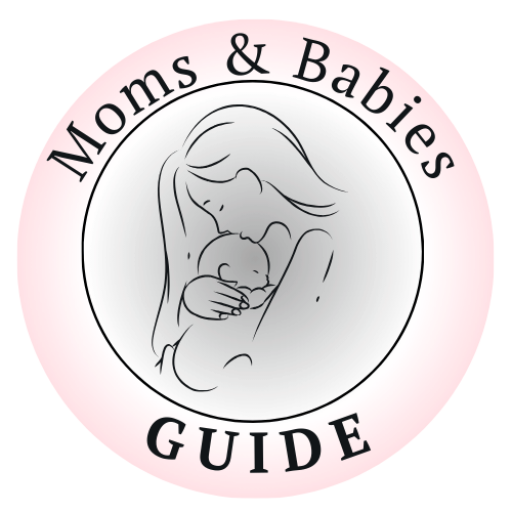From the moment your baby lifts their head to their very first step, every developmental milestone is cause for celebration. These moments aren’t just adorable—they’re important indicators of healthy growth.
In this blog, we’ll walk you through why milestones matter, what to track, and how to make the process simple and joyful.
Why Tracking Milestones Matters
Milestones help you understand your child’s physical, cognitive, emotional, and language development.
Benefits include:
- Spotting early signs of developmental delays
- Creating more purposeful play
- Having informed conversations with pediatricians
- Celebrating each achievement with purpose
Remember: every baby is unique. Milestones are guidelines—not deadlines.
Major Milestones by Age Group
Here’s a quick breakdown of what most babies achieve within the first year:
0–3 Months
- Lifts head during tummy time
- Makes eye contact and follows faces
- Begins cooing and smiling
4–6 Months
- Rolls from tummy to back
- Reaches for toys and grasps objects
- Laughs, babbles, and responds to voices
7–9 Months
- Sits independently
- Transfers objects hand to hand
- Begins crawling or scooting
10–12 Months
- Pulls to stand
- Uses simple gestures like waving
- May say “mama” or “dada”
Keep a notebook or app handy to log the day these moments happen. They go by quickly!
Tools to Track Development
Tracking doesn’t have to be complicated. Choose what works for your style.
Options include:
- Milestone Apps: Try CDC’s Milestone Tracker or BabySparks
- Printable Charts: Hang one in the nursery for quick notes
- Baby Journals: Combine memories with developmental data
- Photos and Videos: Capture milestones to share and look back on
💡 Pro tip: Save your records. Pediatricians will ask about milestones during wellness checks.
📊 Track every smile, crawl, and word with expert insight from The Ultimate Guide for Moms and Babies. It’s your all-in-one reference for understanding what to expect—and how to support your baby every step of the way.
What If My Baby Isn’t Hitting a Milestone?
First, don’t panic. Babies develop at their own pace. But if you’re noticing significant delays or skipped milestones across multiple areas, it’s smart to bring it up.
Speak with your pediatrician if your baby:
- Isn’t making eye contact or smiling by 3 months
- Has difficulty holding their head up by 4 months
- Doesn’t sit by 9 months or babble by 10 months
- Isn’t pulling to stand by 12 months
Early intervention services can make a big difference and are available in many regions at no cost.
Encouraging Milestone Progress Through Play
You don’t need fancy toys or expensive programs. Purposeful interaction is the best support.
Try:
- Tummy time: Boosts core strength and coordination
- Peek-a-boo and singing: Promotes language and memory
- Mirrors and textures: Encourage exploration and cognitive growth
- Talking throughout the day: Helps with language development
The best gift you can give your child is your engaged presence.
Celebrate Every Step (Big or Small)
Not every milestone comes with fireworks. Some are subtle—like grasping a toy differently or babbling with new sounds.
Mark the moment:
- Write a note in your baby book
- Snap a quick photo
- Share the joy with loved ones
- Reflect on how far your baby (and you) have come!
Your celebration makes your baby feel seen, valued, and loved.
Final Thoughts
Tracking your baby’s milestones is about more than dates and checklists—it’s a way to celebrate growth, encourage development, and stay connected to your child’s evolving needs.
So grab a notebook or app, open your heart, and enjoy the incredible journey of watching your baby grow day by day.
You’re doing a wonderful job.




